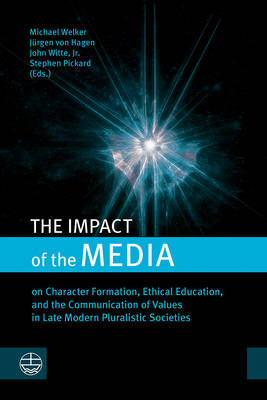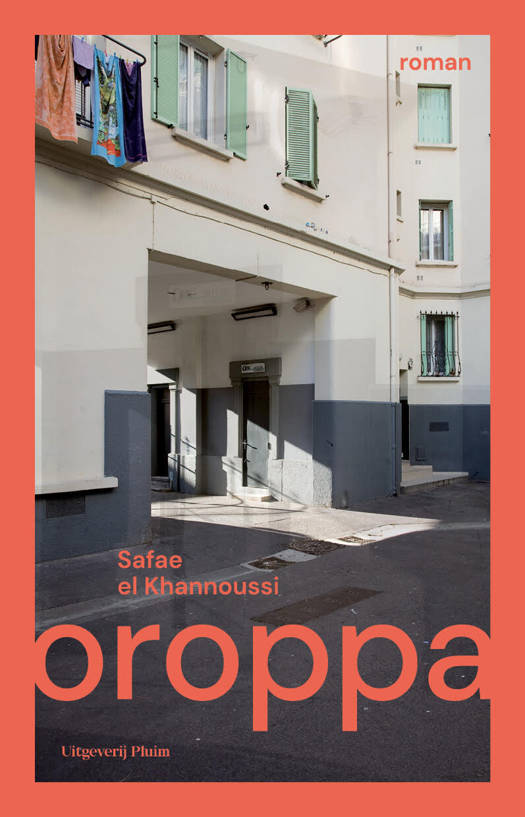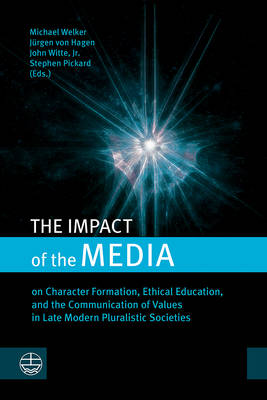
- Afhalen na 1 uur in een winkel met voorraad
- Gratis thuislevering in België vanaf € 30
- Ruim aanbod met 7 miljoen producten
- Afhalen na 1 uur in een winkel met voorraad
- Gratis thuislevering in België vanaf € 30
- Ruim aanbod met 7 miljoen producten
Zoeken
Omschrijving
Pluralism has become the defining characteristic of modern societies. Individuals with differing values clamor for equality. Organizations and groups assert particular interests. Social movements flourish and fade. Some see in this clash of principles and aims the potential for a more just human community, while others fear a cultural erosion. Yet beneath this welter stand powerful and pervasive institutions, whose distinctive norms profoundly shape our moral commitments and character. Specialists on media and communication, journalism, television, theologians, economists, sociologists, philosophers and ethicists discuss the many functions and challenges the media pose to the communication and orientation in late modern pluralistic societies. Contributions come from Germany, the UK, France, the USA, South Africa, and Australia.
Specificaties
Betrokkenen
- Uitgeverij:
Inhoud
- Aantal bladzijden:
- 214
- Taal:
- Engels
- Reeks:
Eigenschappen
- Productcode (EAN):
- 9781666780789
- Verschijningsdatum:
- 31/05/2023
- Uitvoering:
- Hardcover
- Formaat:
- Genaaid
- Afmetingen:
- 152 mm x 229 mm
- Gewicht:
- 458 g

Alleen bij Standaard Boekhandel
+ 138 punten op je klantenkaart van Standaard Boekhandel
Beoordelingen
We publiceren alleen reviews die voldoen aan de voorwaarden voor reviews. Bekijk onze voorwaarden voor reviews.










